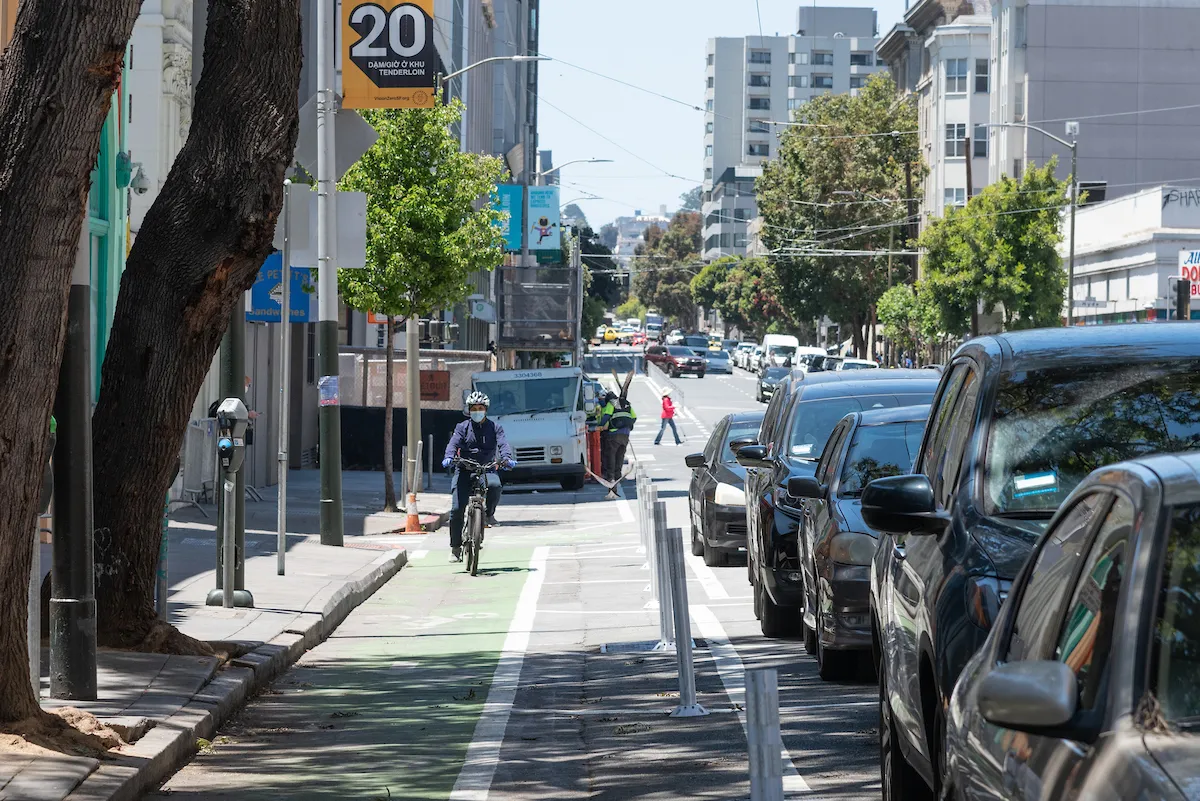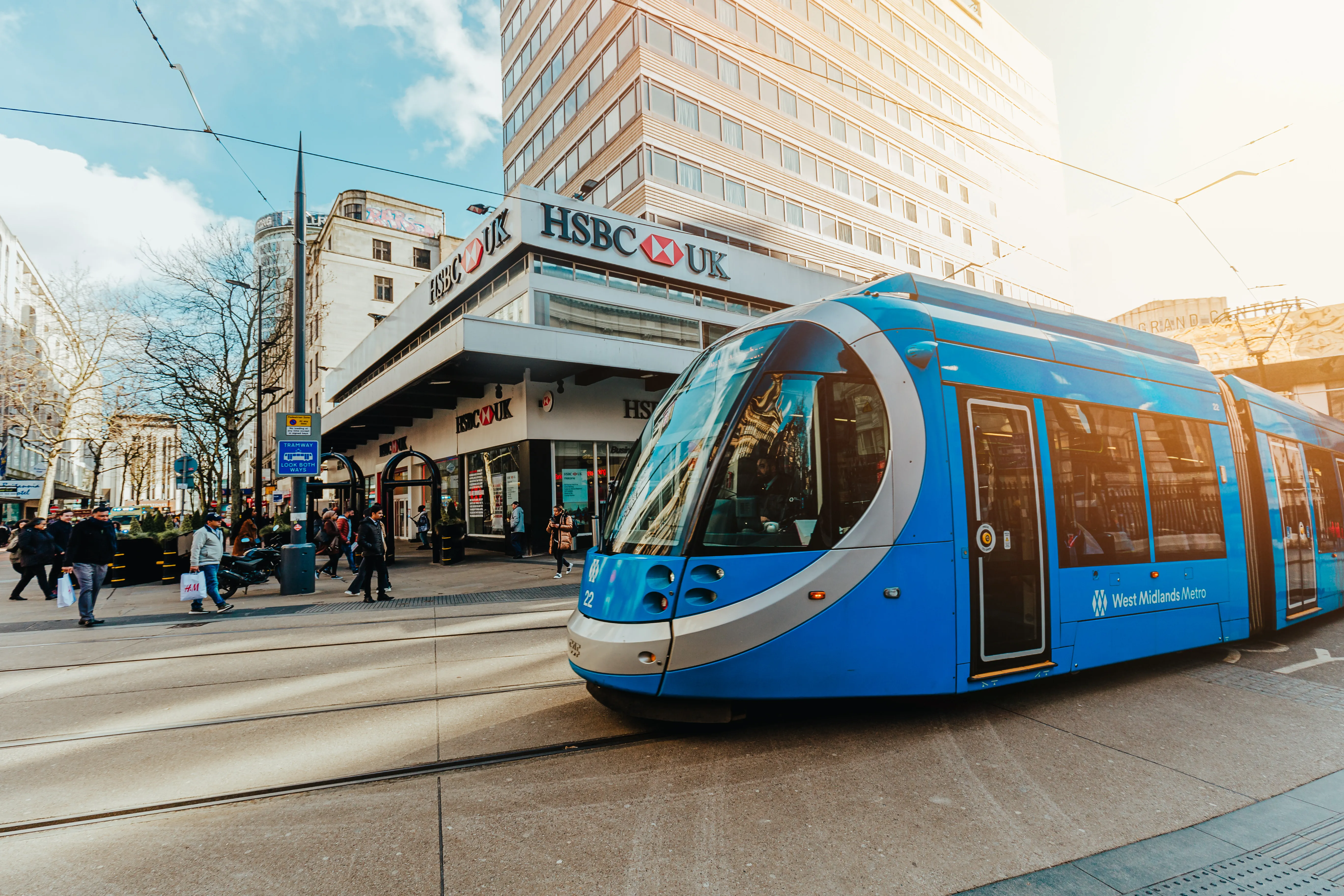The latest national traffic signal assessment conducted by the US National Transportation Operations Coalition (NTOC), a group of transportation associations, shows that gradual but steady progress is being made on the management and operation of traffic signals despite continued funding challenges. NTOC has released the 2012 National Traffic Signal Report Card and it scores a modest four point improvement over the 2007 result. The effort to improve the nation’s traffic signal systems is driven by benefits
May 16, 2012
Read time: 2 mins
RSSThe latest national traffic signal assessment conducted by the US National Transportation Operations Coalition (NTOC), a group of transportation associations, shows that gradual but steady progress is being made on the management and operation of traffic signals despite continued funding challenges. NTOC has released the 2012 National Traffic Signal Report Card and it scores a modest four point improvement over the 2007 result. The effort to improve the nation’s traffic signal systems is driven by benefits such as reduced fuel consumption and congestion mitigation.
Grading themselves in five areas, 241 respondents, representing approximately 39 per cent of all traffic signals in the United States, completed a self-assessment.
As the report concludes, agencies are beginning to reorganise, working smarter to focus resources on operations and maintenance, and collaborating regionally to take advantage of distributed expertise and to compete for resources more effectively to improve their capabilities. Management, operations, and maintenance practices that consider agency objectives, capabilities, and resource constraints have great potential to improve the performance of the transportation system.
A copy of the full report in PDF format is available for download from this link.
Grading themselves in five areas, 241 respondents, representing approximately 39 per cent of all traffic signals in the United States, completed a self-assessment.
As the report concludes, agencies are beginning to reorganise, working smarter to focus resources on operations and maintenance, and collaborating regionally to take advantage of distributed expertise and to compete for resources more effectively to improve their capabilities. Management, operations, and maintenance practices that consider agency objectives, capabilities, and resource constraints have great potential to improve the performance of the transportation system.
A copy of the full report in PDF format is available for download from this link.








